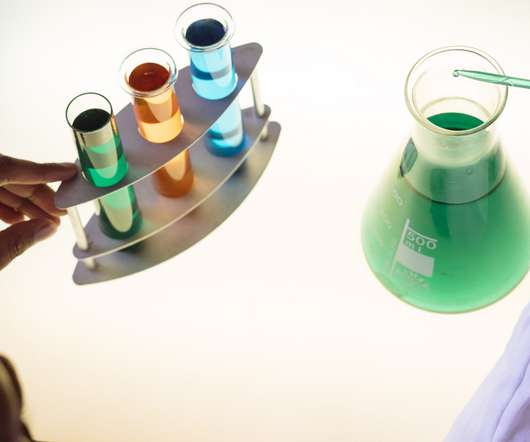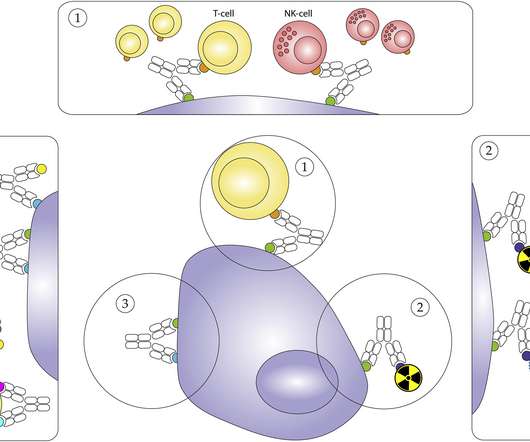mRNA Cancer Vaccines and Therapies: An Overview
Advarra
JANUARY 11, 2024
Adoptive T Cell therapies, therapeutic antibodies, and immunomodulatory proteins represent just some of the potentially beneficial treatment strategies for successful mRNA cancer trials. The mRNA constructs used in COVID-19 vaccines, for example, direct cells to produce a version of the “spike” protein studding the surface of SARS-CoV-2.













Let's personalize your content